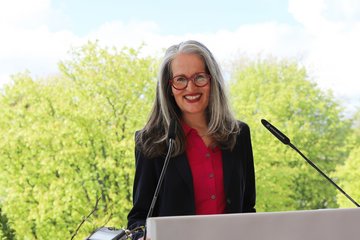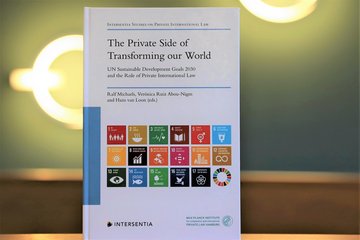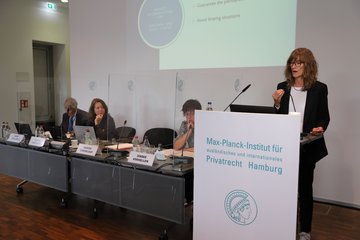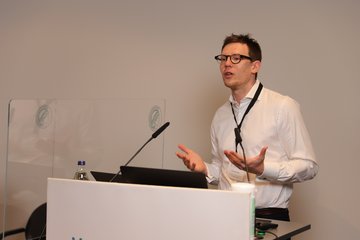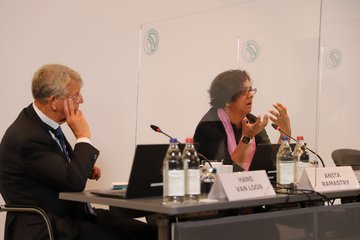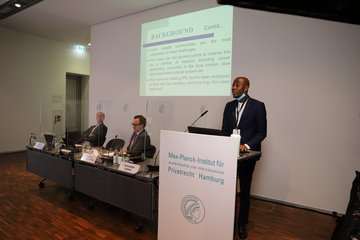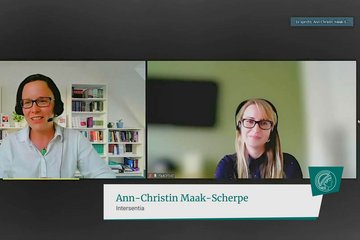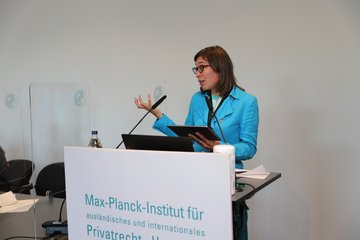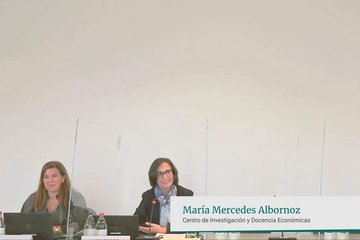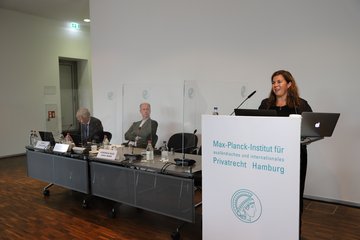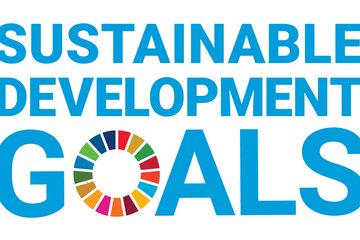The Private Side of Transforming our World – UN Sustainable Development Goals 2030 and the Role of Private International Law
Conference
- Start: Sep 9, 2021
- End: Sep 11, 2021
Enabling all citizens of the world to live in dignity while preserving our natural resources is one of the greatest global challenges of our time. This challenge is reflected in the 17 Sustainable Development Goals (SDGs) which form the core of the Agenda 2030 of the United Nations. This Agenda, which is also referred to as “a contract for the future of the world”, aims to serve as a shared blueprint for realizing global economic progress in a manner consistent with social justice and the planet’s environmental limits.
In the arena of public law, including public international law, the SDGs have already become a focal point for comprehensive discussion about the future of the world. With regard to private law and private international law (PIL), by contrast, there has been less attention. Yet the Agenda 2030, with its 17 primary goals and 169 associated sub-goals, bears significantly on the fields of private law and PIL. For instance, under Goal 16.9 countries should “[b]y 2030, provide legal identity for all, including birth registration”, while pursuant to Goal 5.3 “all harmful practices, such as child, early and forced marriage” should be eliminated. These are merely two of many examples that fall directly in the field of PIL.
The project “The Private Side of Transforming our World – UN Sustainable Development Goals 2030 and the Role of Private International Law” aims to raise an awareness of how PIL, with its methods and institutions, can make a significant contribution and help find answers to the greatest challenges of our time. 19 contributors from all continents (see below: Conference participants) presented and discussed their findings during the conference, which took place from 9 to 11 September 2021. In addition, a keynote speech was delivered by Professor Anita Ramasastry (University of Washington, Member of the U.N. Working Group on Business and Human Rights). The conference program can be found here.
The conference was organized by Institute Director Professor Ralf Michaels together with Dr. Verónica Ruiz Abou-Nigm (University of Edinburgh) and Hans van Loon (former Secretary General Hague Conference on Private International Law).
The videos of the event can be found here for streaming:
Introduction and Cluster I – Basic Socio-Economic Human Rights
Cluster II – Energy, Work and Infrastructure
Cluster III – Education, Gender and Socio-Economic Inequality
Book launch
Cluster IV – Climate and Planet
Keynote – The Private Side of Transforming our World
Cluster V – Living Conditions
Cluster VI – Rights, Law and Cooperation and Closing Comments
Conference participants
| Goal | Author | |
|---|---|---|
| SDG 1 | No Poverty |
Benyam Dawit Mezmur (University of the Western Cape, South Africa)
|
| SDG 2 | Zero Hunger |
Jeannette Tramhel (Organization of American States, United States of America)
Website |
| SDG 3 |
Good Health and Well-being
|
Anabela Susana de Sousa Gonçalves (Universidade do Minho, Portugal)
Website |
| SDG 4 | Quality Education | Klaus Beiter (North-West University, South Africa) Website |
| SDG 5 |
Gender Equality
|
Gülüm Özçelik (Bilkent Üniversitesi, Turkey) Website |
| SDG 6 | Clean Water and Sanitation |
Richard Frimpong Oppong (California Western School of Law, San Diego, United States of America)
Website |
| SDG 7 |
Affordable and Clean Energy
|
Nikitas E. Hatzimihail (University of Cyprus, Cyprus) Website |
| SDG 8 | Decent Work and Economic Growth | Ulla Liukkunen (University of Helsinki, Finland) Website |
| SDG 9 | Industry, Innovation and Infrastructure | Vivienne Bath (University of Syndney, Australia) Website |
| SDG 10 | Reduced Inequality | Thalia Kruger (Universiteit Antwerpen, Belgium) Website |
| SDG 11 | Sustainable Cities and Communities |
Klaas Hendrik Eller (Universiteit van Amsterdam, Netherlands)
Website |
| SDG 12 | Responsible Consumption and Production | Geneviève Saumier (McGill University, Canada) Website |
| SDG 13 | Climate Action |
Eduardo Álvarez-Armas (Brunel University London, United Kingdom and Université Catholique de Louvain, Belgium)
Website |
| SDG 14 | Life Below Water |
Tajudeen Sanni (Kampala International University, Uganda)
Website |
| SDG 15 |
Life on Land
|
|
| SDG 16 | Peace, Justice and Strong Institutions | |
| SDG 17 |
Partnerships for the Goals
|
Fabricio Polido (Universidade Federal de Minas Gerais, Brazil)
Website |
